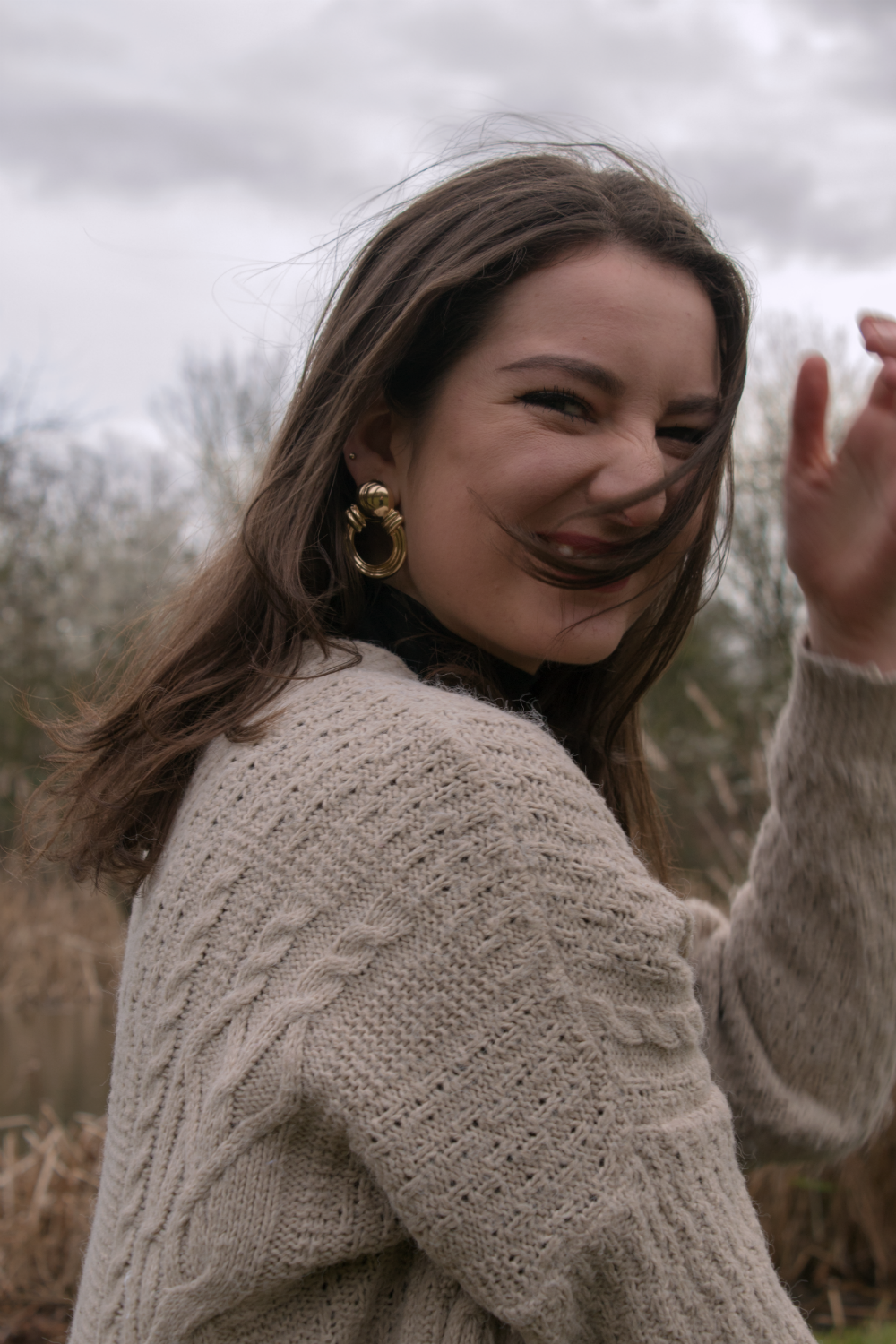'Why we need to stop believing freedom of speech is a dangerous thing'
Writer, producer and director Deborah Coughlin reflects on why blocking people with opposing views to your own and essentially living in an echo chamber is not going to solve the world's problems
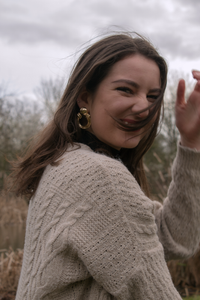
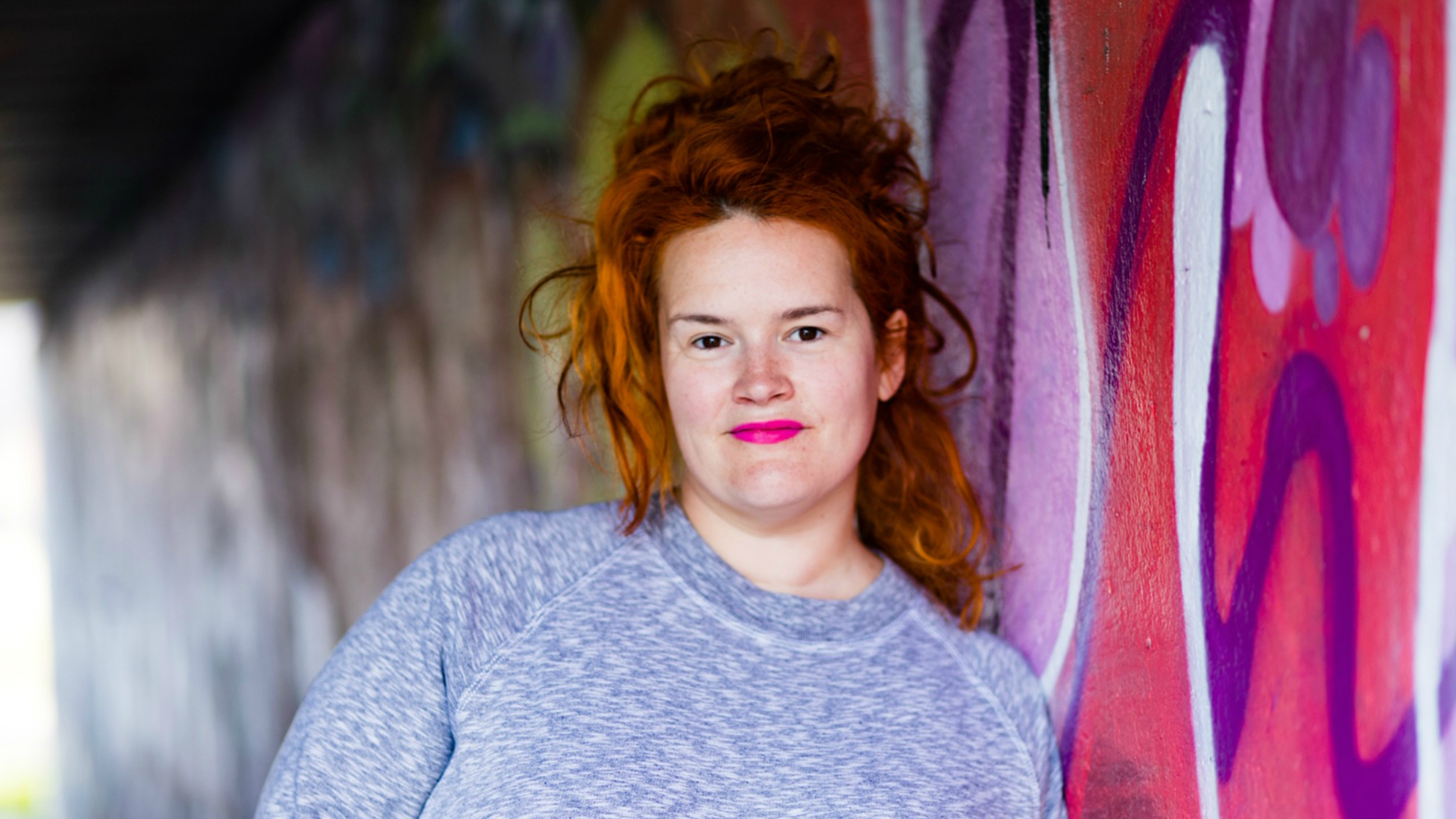
Celebrity news, beauty, fashion advice, and fascinating features, delivered straight to your inbox!
You are now subscribed
Your newsletter sign-up was successful
Writer, producer and director Deborah Coughlin reflects on why blocking people with opposing views to your own and essentially living in an echo chamber is not going to solve the world's problems
It doesn’t matter what newspapers we follow, or who we block, in just two weeks many of us will be sat around the dinner table with people who have wildly different opinions to our own. We’ll be in free fall from whatever happens in the election this Thursday, passing the sprouts to a Trump-loving Granny, and explaining why vegans don’t eat goose-fat potatoes to a Thunberg-dissing Uncle. There’s no hope of an echo chamber at dinner time on Xmas day.
We are in an age where increasingly young people are viewing free speech as dangerous, but there’s no way most of us can escape it when it comes to family and friends back home. While some people quite rightly do decide their families beliefs are too toxic for them to be around, many of us just aren’t going to no platform our Nan and will either grit our teeth, or…. argue.
I’ve just put together the most diverse book of women’s thought leadership in one of the first books of it’s kind Outspoken: 50 Speeches by Incredible Women. From Boudicca to Michelle Obama. As a feminist writer who has always wanted to unearth the voices of uncelebrated women I wanted to make sure amongst the women we all know, there were women less well-known, and even with the women we know to include speeches we won’t be so familiar with.
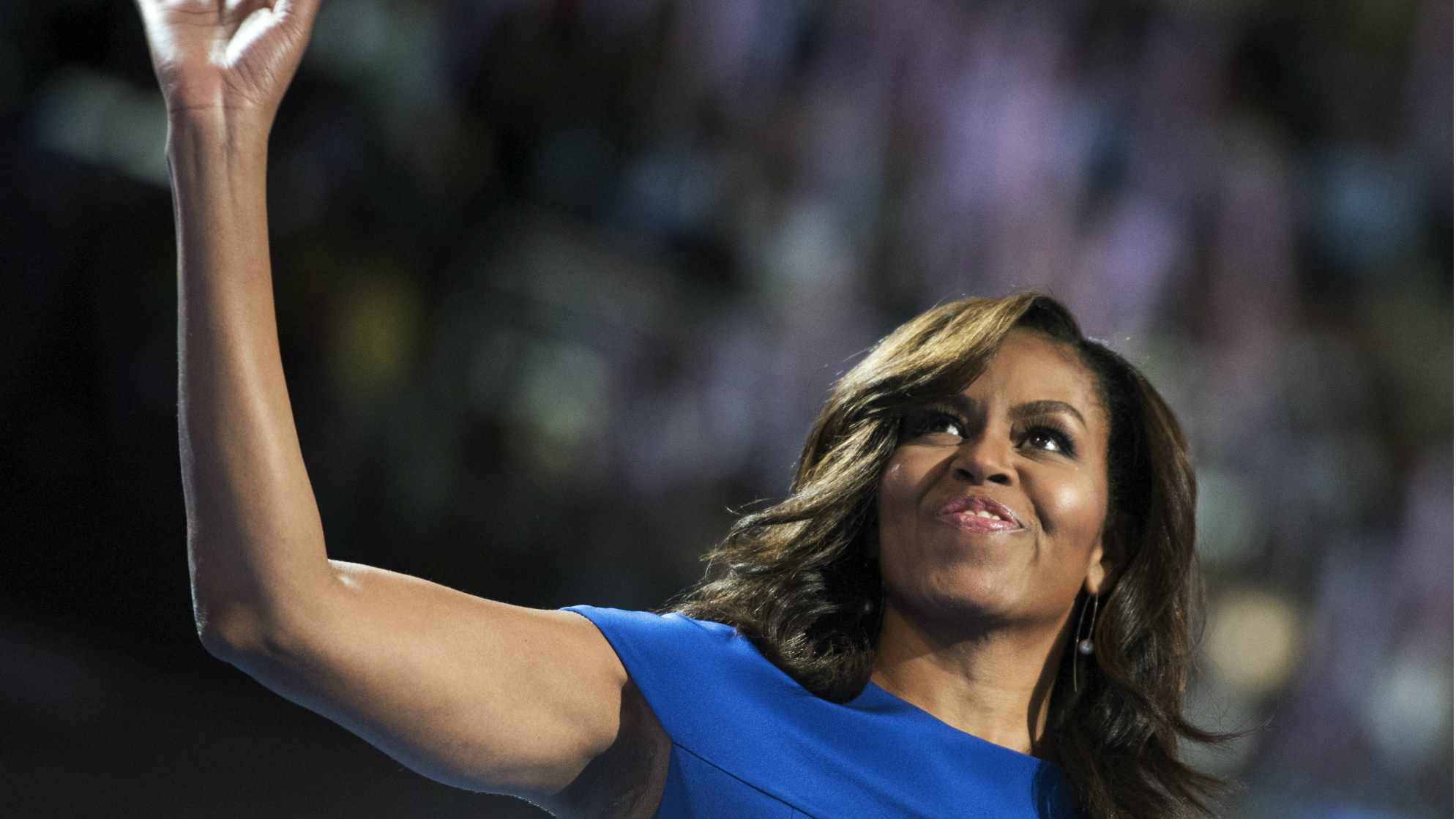
It includes Oprah, Emma Watson, Kate Tempest, Hilary Clinton, Vivienne Ming, Virginia Woolf, Sojourner Truth and many more, and it was important to me I included women who would disagree with each other. I wrote it because ten years ago the only sound bite I knew that didn’t come from the mouth of a man was Thatcher’s “The lady’s not for turning”. And I’m no fan, I’ve never voted Conservative in my life. How could this be the only woman whose words I knew off by heart?
So I went on the hunt for other women. Book after book I found on speeches, all with 99 men and a Pankhurst, or 49 men and a Thatcher. Man, after outspoken man, heck it was easier to find the transcripts of genocidal maniacs than a woman. Where were all the outspoken women?
I wanted to know what women had said before me, so that I could stand on the shoulders of giants, be inspired, and not be doomed to repeating the work they had already done in my own feminism. Here are four of the most inspiring gems I’m taking with me to Christmas Dinner.
Celebrity news, beauty, fashion advice, and fascinating features, delivered straight to your inbox!
Not saying something will hurt you

Audre Lorde shows us why it’s important to muster the courage to say what you think. “Death, on the other hand, is the final silence. And that might be coming quickly, now, without regard for whether I had ever spoken what needed to be said, or had only betrayed myself into small silences, while I planned someday to speak, or waited for someone else’s words” she said in her speech Transformation of Silence at the Lesbian Literature Panel in Chicago 1977, before going on to say that if we swallow the things we care about we will die in silence, and then asking, “What are the words you do not yet have? What do you need to say?”
But, speaking up can put you in danger
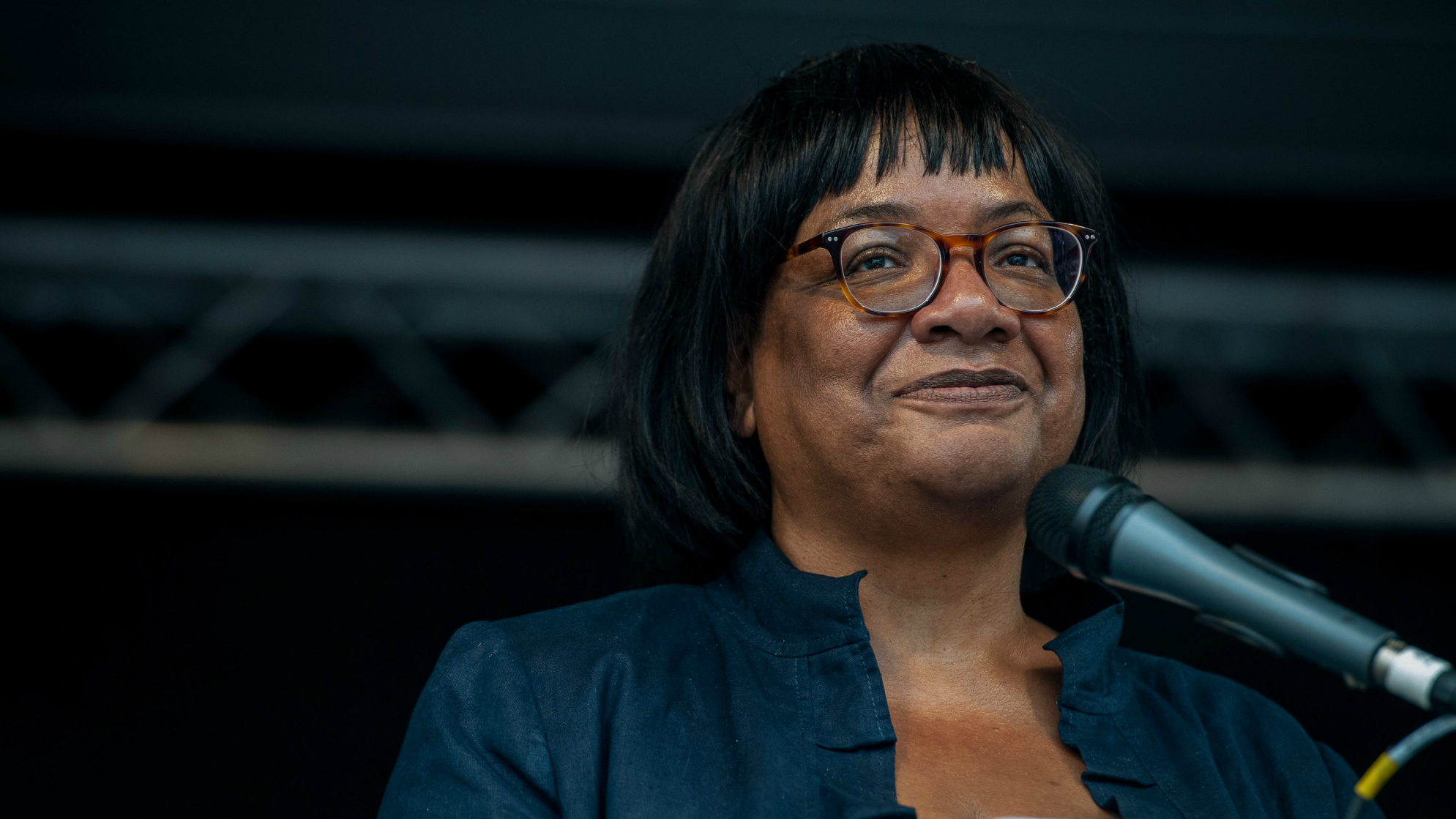
If you speak up, you put yourself in the firing line, now more so than ever, particularly if you are a woman of colour. In 2017 Amnesty International found that of all the abuse sent to women MPs, almost half was sent to just one MP, Diane Abbott, a woman who has spent a lifetime speaking up. She told her colleagues in the House of Commons about her experience in a speech that same year. “Now they press a button and you read vile abuse which 30 years ago people would have been frightened to even write down.”
We must stop name calling and unite
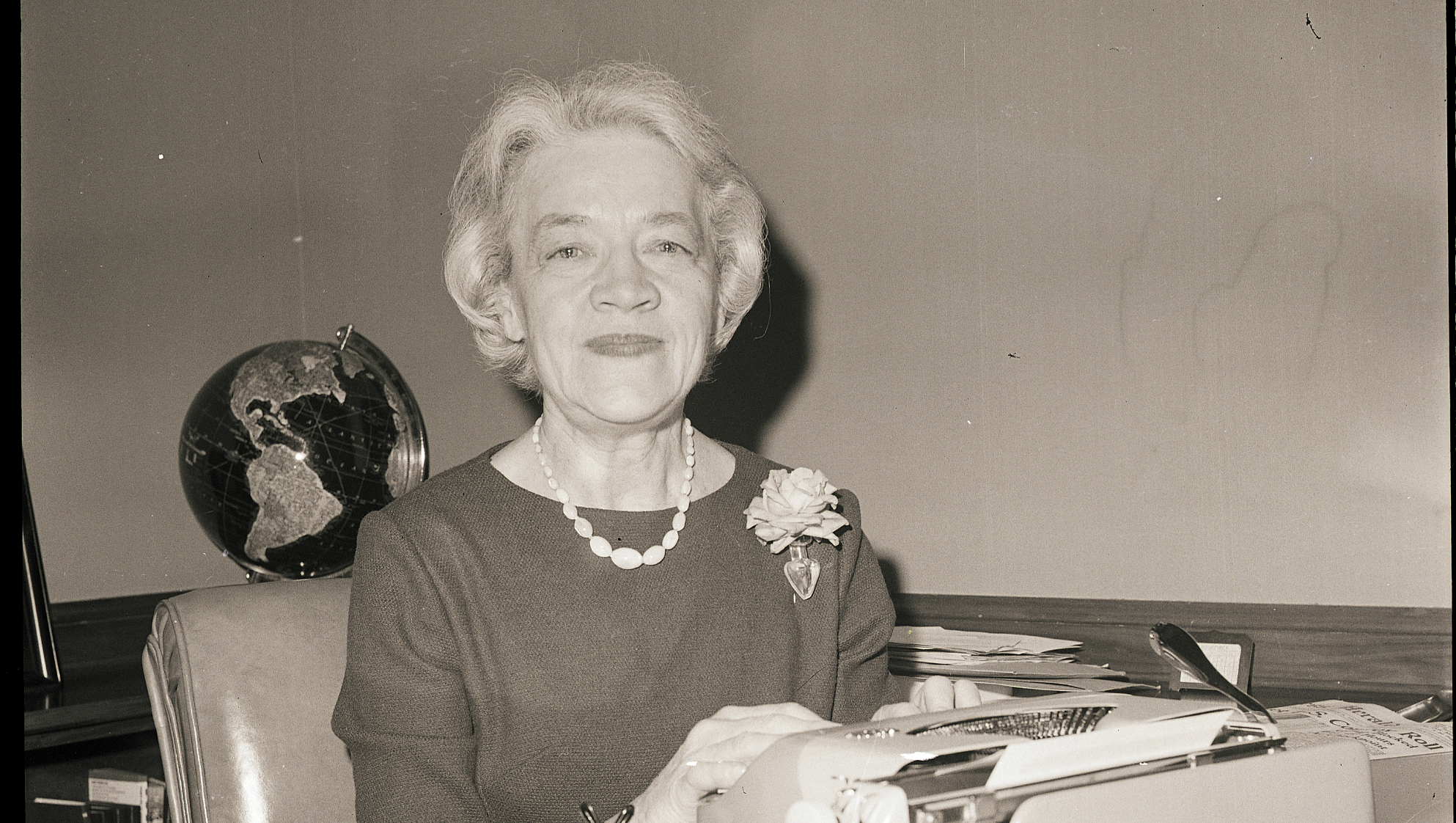
Ever heard of Margaret Smith? Well, she was the first woman to ever be nominated for the US presidency, and in 1950, as a moderate republican, she gave a Declaration of Conscience speech, that sought to tackle a political time almost as devisive as our own where anyone on the Right was called a fascist and anyone on the Left a communist. “Today our country is being psychologically divided…. As An American, I condemn a Republican ‘Fascist’ just as much I condemn a Democratic ‘Communist’.... They are equally dangerous to you and me and to our country. As an American, I want to see our nation recapture the strength and unity it once had when we fought the enemy instead of ourselves.”
A common goal, our home
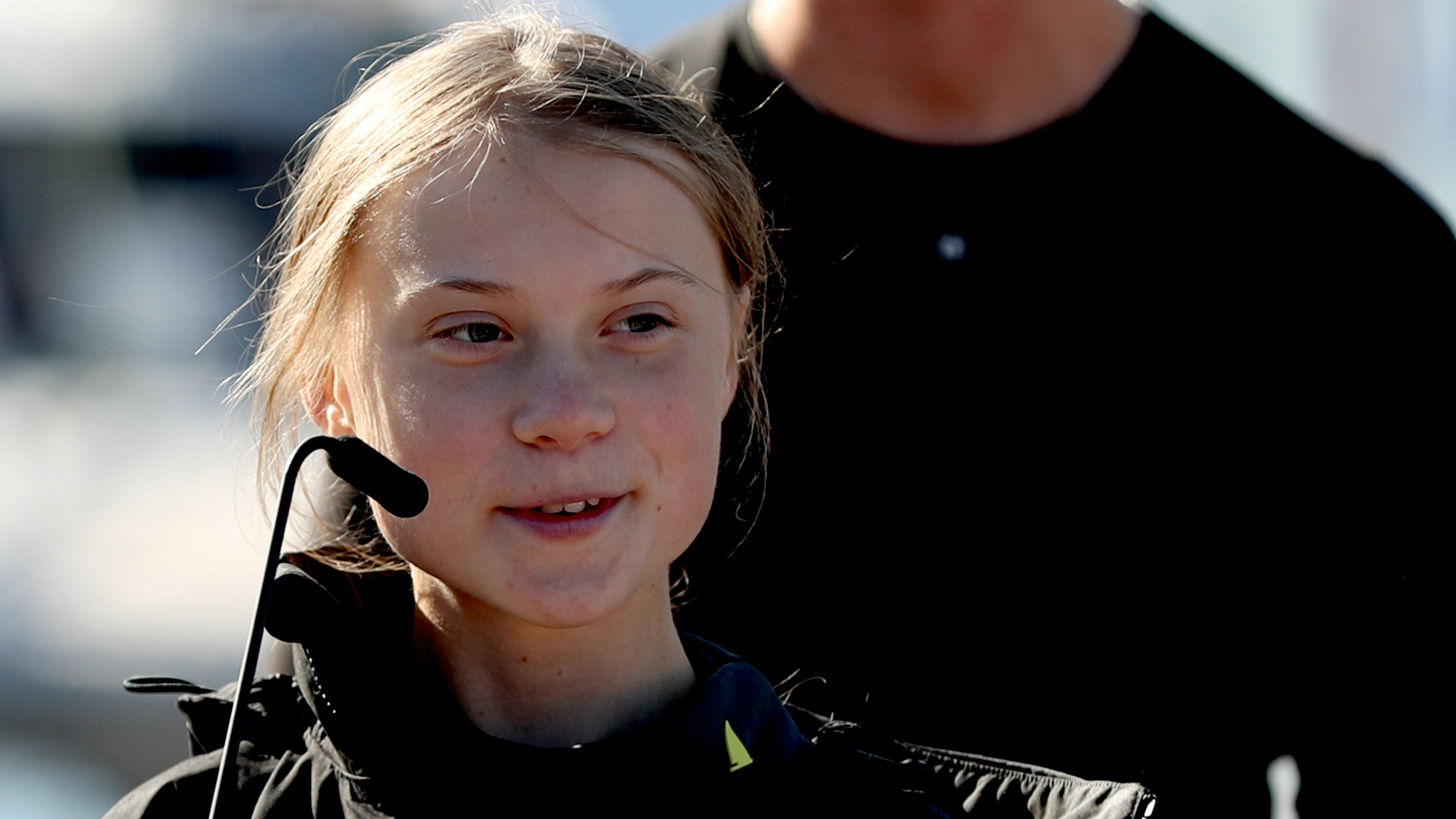
And what could a common enemy be? Greta Thunberg, the voice of 2019, has a unifying message which focuses on our collective home, our planet, and being a child does not stop her from speaking out. “I am 16 years old. I come from Sweden. And I speak on behalf of future generations. I know many of you don’t want to listen to us. You say we are just children. But we’re only repeating the message of the united climate science.”
All these women had to take the bold step of speaking up for what they believe in. Not one of them says it’s easy, all spoke in front of people they knew would either disagree with or dismiss them, and they have all been targets of abuse, they’ve all had people say they shouldn't be allowed to speak.
How can we apply this while we are pulling crackers? Well, we can say what we think. We can listen, disagree and try and persuade respectfully. No name calling! And we can find common goals to work on together. It’s important we remember we are all human. Thatcher made it into my book, next to Wales first communist Mayor Annie Powell. Both have something to teach us.
*Follow Deborah on Instagram - @deborahcoughlin
*Deborah's book, Outspoken: 50 Speeches by Incredible Women is available now
Niamh McCollum is Features Assistant at Marie Claire UK, and specialises in entertainment, female empowerment, mental health, social development and careers. Tackling both news and features, she's covered everything from the rise of feminist audio porn platforms to the latest campaigns protecting human rights.
Niamh has also contributed to our Women Who Win series by interviewing ridiculously inspiring females, including forensic scientist Ruth Morgan, Labour MP Stella Creasy and ITV’s former Home Affairs Editor Jennifer Nadel.
Niamh studied Law in Trinity College Dublin. It was after enrolling in a Law & Literature class on her year abroad in Toronto that her love of writing was reignited. In no particular order, her big likes are Caleb Followill, hoops, red wine, sea swimming, shakshuka and long train journeys.
